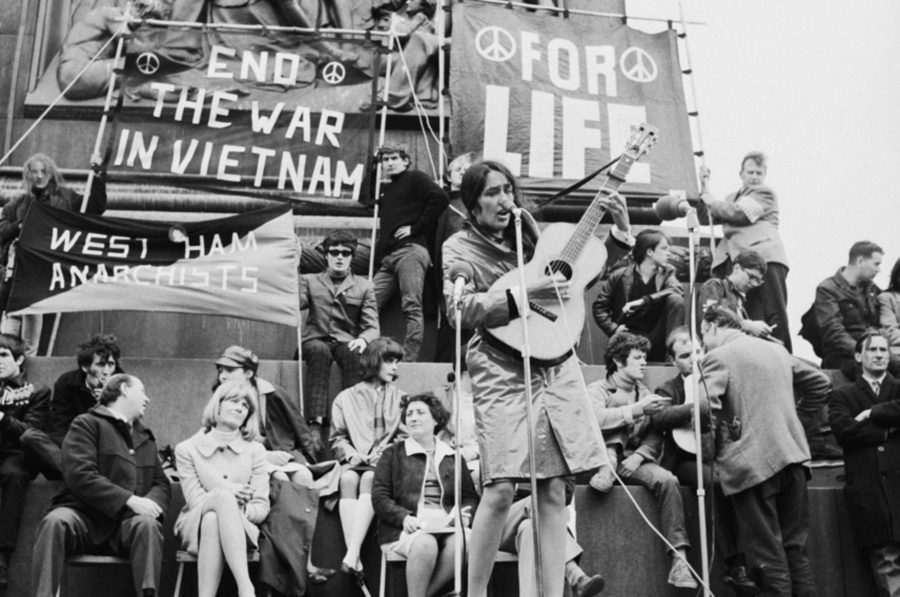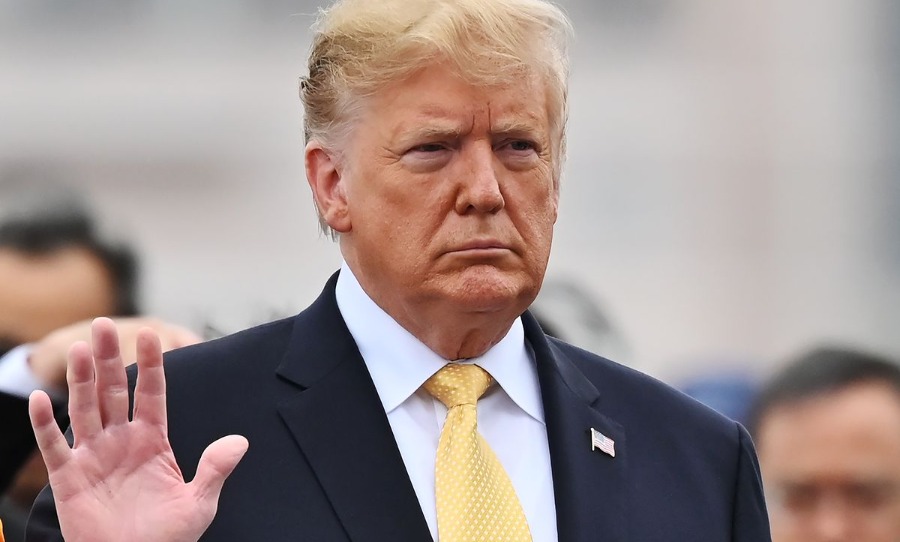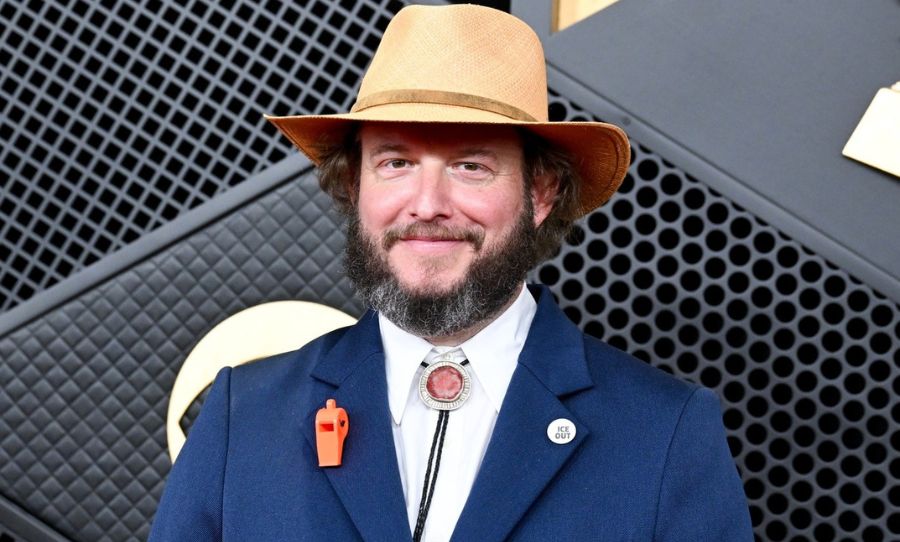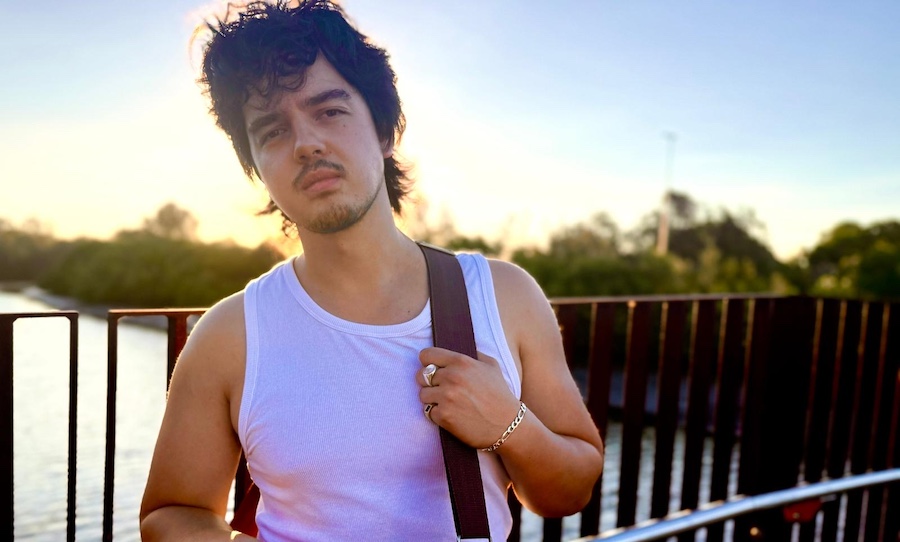Music has a long history of being an artform utilised in activism. Protest songs have been sung upon the strumming of a chord ever since the guitar was born and the spell of six acoustic strings was sounded. From the 19th Century to today, music is a leading launchpad for artists to reflect and combat the politics of the world around them.
While Australia, and indeed the world, become more engaged with progressive politics we see the social landscape shift to provide powerful voices for those of lower socioeconomic status and oppressed minorities. Artists like Yothu Yindi and Mojo Juju have spoken out on inherent issues of racial discrimination in powerful and moving ways, while Camp Cope and Stella Donnely are inspiring advocates for feminism.
But what of the leaders who inspired these passionate pleas for change? This is a history of protest songs and wether bad leaders inspire good political music.
Throughout the past 100 years, there has been a downpour of stirring protest songs, inspired by some particularly bad leaders. Let’s see who made the cut.
The birth of protest music
In the 1930s, music became far more accessible and inherently powerful. This was due to the mass production of record players, evolving to become smaller, louder, and more affordable. This allowed music to jump beyond the bounds of the oral tradition.
One of the most prominent protest songs to emerge from the 20th Century was Billie Holiday’s Strange Fruit, a chilling description of the lynchings of African-Americans and a wailing plea to end racism in the States. This 1939 masterpiece was originally penned by a Jewish communist called Abel Meeropol, stunning audiences when Billie Holiday put it to music.
In his book 33 Revolutions Per Minute, music journalist Dorian Lynskey describes it as the first great protest song to take an art form:
“Up until this point protest songs functioned as propaganda, but Strange Fruit proved they could be art.”
In 1999, Time Magazine named it the “song of the century”. “This is the question that will throb at the heart of the vexed relationship between politics and pop for decades to come, and this is the first time it has demanded to be asked… [is] this entertainment?”
The 1960s cultural awakening
The 1960s was a significant decade for music. America was in a particularly turbulent period of civil unrest as the ideological countercultural revolution wrestled with the constraints of the Eisenhower Era, racial discrimination, and America’s growing involvement in Vietnam. By the decade’s end, the country was stricken with grief and chaos by the triple assassinations of John F. Kennedy, Bobby Kennedy, and Martin Luther King. The rise of the Civil Rights Movement, the ascendency of ‘hippies’ and the New Left, as well as the compounding of the Vietnam War, all gave birth to a fruitful decade of protest music.
U.S. involvement in the Vietnam War began with Eisenhower. The celebrated war hero of WWII commanded Allied forces on D-Day held the Western front until the German surrender in May 1945.
A moderate Republican, Eisenhower’s presidency was characterised by peace despite Cold War tensions. Workers’ wages rose, the baby boom peaked and he built the interstate highway system – the largest public work project in history. In 1957 Eisenhower even deployed troops to Little Rock, Arkansas to enforce the Supreme Court’s ruling that public schools be desegregated. He also ended the Korean war with the 1953 armistice.

However, Eisenhower’s peaceful eight-year presidency is blotched by one significant event. The deployment of American troops in Vietnam.
The folk renaissance of the 1960s and saw a specific platform dedicated to people using acoustic instruments to share their political views. No name is more synonymous with the folk revival than Bob Dylan who – despite saying, “protest songs are a drag” – wrote many including Blowin’ In The Wind, The Times They Are A-Changin’, Only A Pawn In Their Game and Hard Rain’s A-Gonna Fall, to name a few.
In contrast to many of his contemporaries, Dylan never explicitly mentions Vietnam explicitly – adding to his timeless appeal. Instead, Dylan once spoke-out on the inspiration for Masters Of War, explaining that it“is supposed to be a pacifistic song against war. It’s not an anti-war song. It’s speaking against what Eisenhower was calling a military-industrial complex as he was making his exit from the presidency. That spirit was in the air, and I picked it up.”
Overall, the protests of the ’60s cannot be singularly aimed at one leader. Eisenhower laid the social framework for the decade that followed, however, the shift in focus came as a product of cultural awakening. An axis of confluence between various political movements and their predominant views.
John Lennon’s Imagine, The Doors’ The Unknown Soldier, Barry McGuire’s Eve Of Destruction, Nina Simone’s Backlash Blues, Joan Baez’s Saigon Bridge, Creedence Clearwater Revival’s Fortunate Son, and Buffalo Springfield’s For What It’s Worth are but a few of the incredible protest songs born of the ’60s.
Thatcher’s punk
Protest songs thrive on combat and by the time Margaret Thatcher came to power in 1979 the punk movement had sharpened its claws and was ready to pounce. Artists thrive on larger than life politicians as a muse for the ink to flow and Thatcher was just that.
Musical responses to Thatcher came in three varieties: songs that took a hard look at the country in a state of recession. The struggling dockworker of Shipbuilding, the undermined poor of A Town Called Malice, and the dispossessed of Ghost Town.
Songs got even more personal when contriving virtual character assassinations: Morrisey’s Margaret On The Guillotine, Elvis Costello’s Tramp Down The Dirt, and Crass’s attack on Falkland How Does It Feel To Be The Mother Of 1,000 Dead.
The third category falls under artists like The Smiths and Sex Pistols, who made entire careers out of implicitly underpinning Thatcherite values. Margaret’s ascendence jolted a generation of dissenters into write album upon album of timeless protest music, even if their incandescent message burnt out after a somewhat brief flash.
1990s protest
While the 1990s were a much more peaceful time in the musical landscape due to the end of the Vietnam War, a few artists stand head and shoulders about the rest with a megaphone pressed firmly to their lips.
The main development in protest music in the ’90s was it became far louder and aggressive. The acoustic guitar and poetical weight of the ’60s folk protest movement more closely reflect their hippie ideologies and ‘flower power’.
Rage Against The Machine spoked out by harshly criticising George W Bush, Al Gore, and American politics as a whole. Songs like Testify, Killing In The Name, Bullet In The Head, and Bulls On Parade, confronted issues of political foul-play, police brutality, and urged people to stand up and make a change.
At Coachella in 2007, Zach De La Rocha made an impassioned speech during Wake Up, citing a statement by Noam Chomsky and the Nuremberg Trials, directed towards the Bush admin:
“A good friend of ours once said that if the same laws were applied to U.S. Presidents as were applied to the Nazis after World War II […] every single one of them, every last rich white one of them from Truman on, would have been hung to death and shot—and this current administration is no exception. They should be hung, and tried, and shot. As any war criminal should be.”
Furthermore, songs like N.W.A’s Fuck Tha Police strictly focuses on police brutality and the experiences of young black men on the streets of Los Angeles. This is a systemic cultural issue first confronted in Billie Holiday’s Strange Fruit. An issue that is increasingly prevalent in the 21st Century with the ‘Black Lives Matter’ movement and the election of Donald Trump.
21st Century protest songs
There is one major reason why chart-topping pop and politics don’t usually mix. It’s easier to score a hit both the Left and the Right spinning your song. It’s been nine years since an explicitly political track went No.1 and it still felt like a pop outlier.
Lady Gaga’s LGBT anthem Born This Way went No.1 in 2011 and marked a new wave of forward-thinking inclusive protest music.
Childish Gambino’s internet-shattering This Is America, took the world by storm in 2018, and while it certainly didn’t sound like a major radio hit it opened at No.1 on the strength of digital sales and streaming. The arresting film clip by Hiro Murai has racked up 638 million hits on Youtube, suggesting that now more than ever before, people are concerned with themes race, police brutality and gun violence.
In 2016, Death Cab For Cutie directly referenced Trump in Million Dollar Loan, referencing a sum of money gifted to Trump by his father to start his first business. The song was a return to form for the band and led them back to alternative radio.
The following year Joey Bada$$ rallied emotional charge with the lyrics, “Three K’s, Two A’s in AmeriKKKa / I’m just a black spade spawn out the nebula.”
Dropping just before the tragedy in Charlottesville, Joey Bada$$ foresaw the ugliness and terror of what was to come to a sense of madness imposed by the Trump administration. Addressing Klansmen, police shootings, and mass incarcerations.
One of the most beautiful protest songs to emerge in the 21st Century is Kevin Morby’s Beautiful Strangers, referring mass shootings and gun violence around world in a meditative, Dylan-esque plea for peace.
“Pray for Paris/They can not scare us/Or stop the music”, a reference to the Bataclan bombing in 2015. Morby concludes, “If I die too young, or the gunmen come, I’m full of love/So release me, every piece of me, up above.”
“Love my mama and my papa/Love my sister, can’t stand the coppers up in their choppers/Oh, flying overhead, forty-nine dead,” a lament for the harrowing Orlando nightclub shooting in 2016.
Whether or not gun violence, a rise in antisemitism, and police brutality can be tied to Trump with direct certainty is hard to say. Such widespread institutionalised and systemic issues are far deeper rooted and subconsciously ingrained beyond the actions of one person. One thing is for certain, Trump has caused a whole lot of controversy since entering the Oval Office and that innately bleeds into the social circumstances of the time.
Australian Protest Songs
While there has been no shortage of incredible Australian protest songs over the years, Tribal, Voice, Beds Are Burning, Native Tongue, January 26, and Beds Are Burning just to name a few, it’s hard to ignore the political strife Scott Morrison has recently found himself in.
After blatantly ignoring, and literally running away from, perhaps our largest national tragedy in recent decades, Scott Morrison rightly felt the hate of a nation under threat. The Chats lead singer, Aemon, penned a passionate poem to the Scomo, labelling him a “redneck, racist, right-wing clown”, elegantly putting the thoughts of thousands into words.
Throughout all these defining decades in protest music, there have been more than questionable leaders making objectively bad decisions. From the Eisenhower Era to Bush, Thatcher, Scomo, and Trump, a string of concurrent issues sweeps through them all. While shit leaders may certainly inspire great songs, it’s safe to say that most artist would rather there be no shit leaders to begin with.



